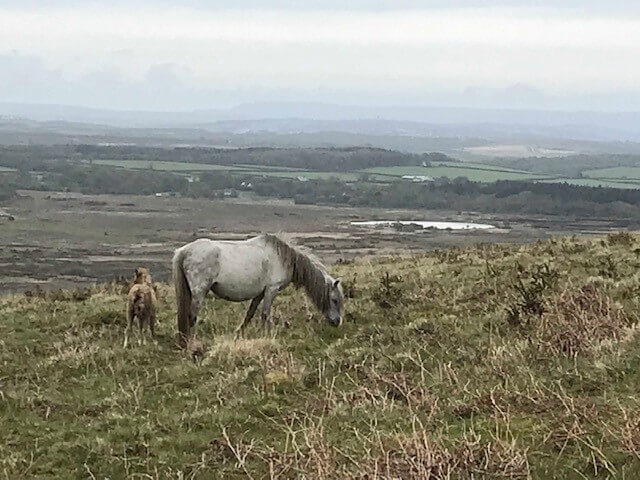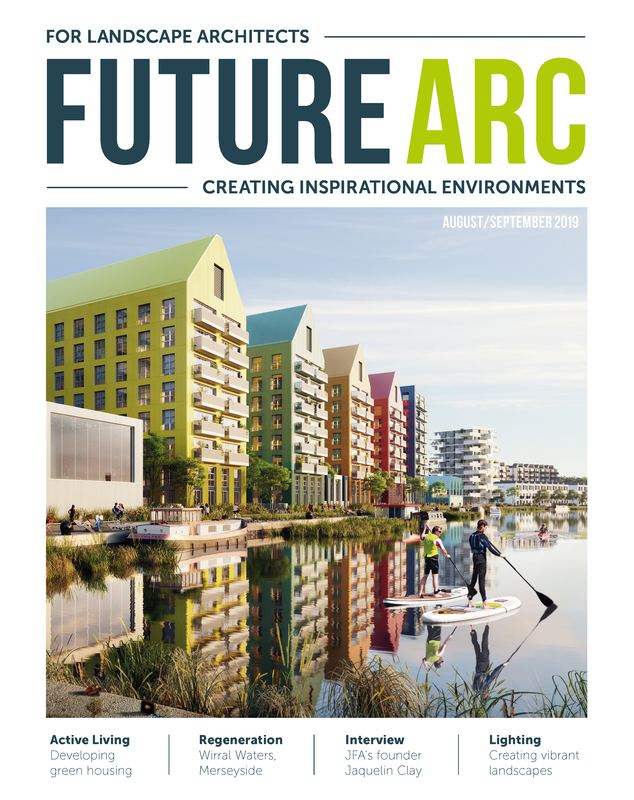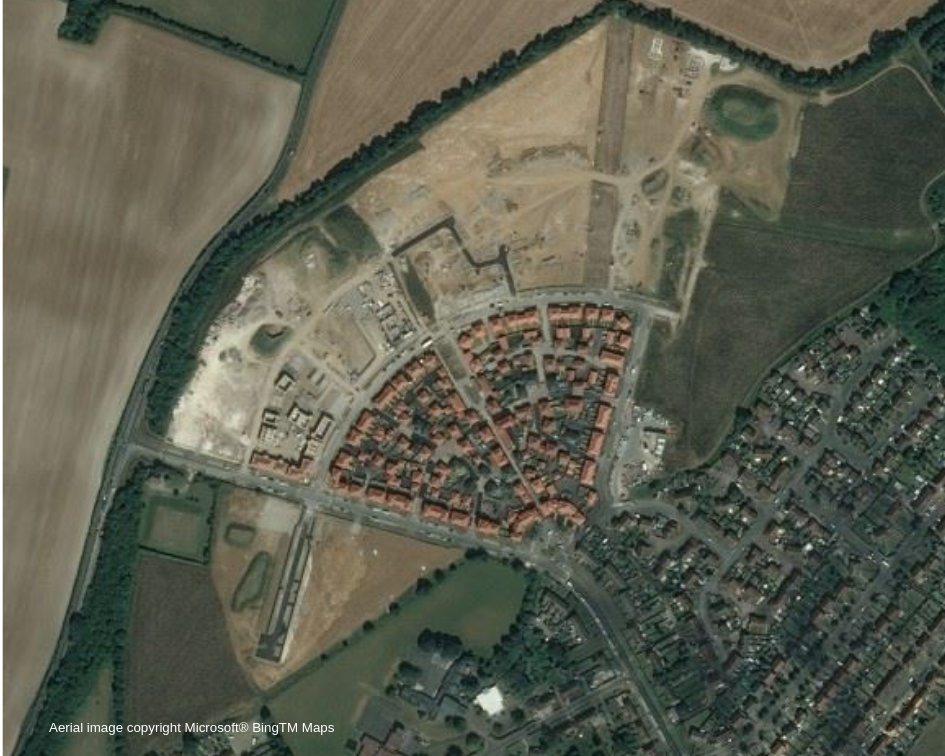|
A great day catching up with old friends and new developments in Green Roofs and Living Walls despite huge delays on the Jubilee Line due to the actions of extinction rebellion activists. Ironic that delegates were delayed given that we were talking about the future of landscape and its pivotal role in relation to climate change mitigation and losses to biodiversity.
Jaquelin Clay (founder and Principal of JFA Environmental Planning) is shown here with Simon Ward (Atkins UK), Ludovic Pittie (WSP) and Eric Holding (JTP) debating the opportunities and constraints in urban design and planning
0 Comments
Recent definition of the Epping Forest SAC Zone of Influence of 6.2km has caught out many developers north east of London. This means that a Stage 1 Habit Regulation Assessment has to be prepared if a site falls within this area and further consultation and co-ordination undertaken with Local Planning Authorities.
The issue with the Epping Forest is both increased recreational pressure and air quality changes if developments create more traffic in the vicinity. For more information and guidance in this matter contact: enquiries@jfa.co.uk With increasing emphasis on showing a net gain in biodiversity post-development, we are being asked to provide Bio-diversity Impact Assessment Calculations (BIAC) to accompany planning applications prior to this being mandated.
When completing a BIAC, measurements of the existing Phase 1 habitats are used as a base-line and compared with the expected habitat loss/gain following construction. To prepare for the BIAC, surveys should record each habitat's individual 'Distinctiveness' and 'Condition' to help determine value. The Farm Environmental Plan (FEP) Manual produced by the Environment Bank provides guidelines for this although final assessment will depend on the ecologist's use of professional judgement. The BIAC calculator assigns default distinctiveness categories based on the habitat inputted, according to the standard set out by DEFRA. It is acknowledged that biodiversity is a fluid system and does not always conform, so these may be edited to reflect a more accurate assessment of the habitats on site. If the default distinctiveness is changed then this must be justified within the comments section of the BIAC or the accompanying report. Unlike distinctiveness, there is no default condition assigned to habitats by the BIAC therefore the condition of each habitat will be determined by the ecologist and must be justified. Typically, loss of established habitat is likely to be non-contentious if the proposals are taking low value habitat and replacing it with habitat of a higher value. However, some types of habitat such as Ancient Woodland, which is classified as high distinctiveness cannot be replaced or compensated for. This can have a massive negative impact on the final biodiversity units post-development, therefore it is recommended to make all efforts to retain similar high value habitats where possible. This is where an ecological constraints and opportunities plan may help. Currently there are two versions of the BIAC which can be used. The original BIAC can be found on the Environment Bank website. The BIAC V2.0 is currently in beta access and can be found on the Natural England website. Although this version is accessible to the public, it is still undergoing revisions and remains incomplete. JFA Environmental Planning founder and managing director Jaquelin Clay discusses how development can combine aesthetics and ecological sensitivity.
What is it? District Level Licensing is a new scheme that is being initiated in Kent to eliminate the need to carry out and submit GCN survey data with planning applications. It is important to note that District Licensing is not compulsory and standard GCN licensing procedures can be followed instead. The new scheme makes use of existing survey data to produce a plan that details the level of risk based on a site’s location. New developments will fall under one of three categories or “risk zones” depending on Natural England’s (NE) assessment of the GCN population and habitats in that area. These zones are Red, Amber, Green. The zone that a development falls under will determine the extent of compensation required for affected ponds. The type of compensation has also changed. Under the district licensing scheme developers will only be required to pay a certain fee to NE, who will then be responsible for any compensation. This fee can vary depending on the development, costing up to £15,165 + VAT per pond. If the development affects a large population of GCN some additional mitigation works may be still required. How do you apply?
When applying for District Licensing, the first stage will be to submit an application to Natural England which can be found on the .gov.uk website. Although there is no requirement to submit survey data with a district license application, it may reduce mitigation costs if you choose to do so. Once the application has been submitted NE will determine the impact of the proposed development on the local GCN populations. If no survey data is submitted with the application, then NE will assume all ponds within 250m to be occupied by GCN. Once a compensatory fee has been agreed, NE will issue an Impact Assessment and Conservation Payment Certificate that will be submitted at planning. Once planning approval is granted, NE will issue a license to the developer to discharge any legal obligation to preserve GCN species or habitat on site. What are the benefits?
A study by Danish Aarhus University has found that being deprived of green spaces when growing up is associated with an increased risk of mental illness (up to 55%).
The scientists used satellite images taken of Denmark between 1985 and 2013 and analysed square areas of land, with each square scored according to the amount of greenery it contained. The study factored in the impact of external factors such as socioeconomic factors or a family history of mental illness. The researchers then screened the adult participants for 16 different mental health disorders. The study found that children (aged from birth to 10 years of age) in areas with the least amount of green space had an increased risk of developing a mental disorder later in life. Those with a greater exposure to green spaces showed a 15% to 55% lower risk. This study emphasises the importance of access to green spaces and the need for effective green blue infrastructure planning in cities and new residential areas for wellbeing. JFA published an article previously exploring “Nature Deficit Disorder” in October 2018. Source: https://www.weforum.org/agenda/2019/03/growing-up-near-green-space-is-good-for-adult-mental-health/ JFA Environmental Planning are excited to be providing landscape support for phases 2-4 of the urban regeneration of Aylesham in Kent. This large village was originally laid out by the renowned architect and town planner Sir Patrick Abercrombie in the style of a Garden Village in the late 1920s for a mining community relocated from the north east. This is a joint venture by development partners Barratt Homes, Persimmon Homes and Dover District Council. The site has been identified as a development opportunity to provide up to 1,200 new homes in an urban renewal programme, which will integrate the new housing within the existing community and incorporate the design ethos of the Garden Village concept. There is a distinct hierarchy of open spaces and routes through the site and these will be upgraded and enhanced to provide a network of varied recreational and amenity opportunities and improved biodiversity.
The December issue of Lawyer Monthly features an interview with JFA's Principal Jaqueline Clay. The Interview covers key critical issues for our clients when Environmental Impact Assessment may be needed: what to include, how to minimise costs and risks and how to avoid if possible.
You can find out all the detail here. |
|
||||||
In a nutshell
Established in 1989, JFA are experts in the field of Environmental Planning. We successfully collaborate with people who make a difference to the environment. We deliver projects which work in harmony with the natural world whilst providing added value solutions to site development.
Contact Us
jackie@jfa.co.uk








